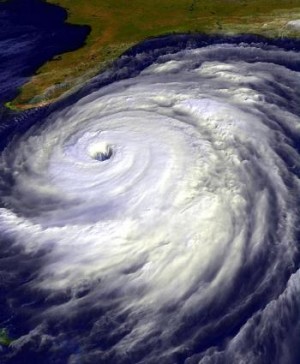
The issue of the sovereignty of God in relation to natural catastrophes is a difficult subject with few answers.
But what is ironic about the sovereignty of God is that while God’s people often pay lip service to His sovereignty, we just as often live as if God was not sovereign.
Take Jonah and the sailors as an example.
Jonah vs. the Sailors
In Jonah 1:9, Jonah claims to fear God, but he does nothing in Jonah 1 to show it. In fact, in every circumstance, he does exactly the opposite.
God tells him to go to Nineveh, but Jonah goes to Tarshish. God sends a storm to get Jonah to admit his guilt, but Jonah falls asleep in the belly of the boat. Through the casting of the lots, God singles out Jonah as the one responsible for the storm, and rather than tell the sailors to turn the ship around, Jonah tells them to sacrifice him to the waves. The sailors ask him questions about Yahweh, and Jonah gives them bad theology and bad ideas about God. At every step along the way, Jonah shows contempt for the will and ways of the God he claims to serve.
The sailors, who know nothing about God, end up fearing Yahweh and worshiping Him in truth in ways that Jonah never does. They pray to Him when Jonah is silent. They ask confession for sin they haven’t even committed while Jonah refuses to repent for a grievous sin he did commit. They make sacrifices to God and take vows, when Jonah refuses to even acknowledge God’s sovereignty over his life. The sailors show respect and honor for Yahweh while Jonah only dishonors God. Clearly, the author of the book of Jonah wants to show a clear contrast between the actions and attitude of Jonah with those of the pagan sailors.




 Whether or not a person believes that
Whether or not a person believes that 
 This post simply contains a list of books I read in 2013, with short reviews for each book in the comment section.
This post simply contains a list of books I read in 2013, with short reviews for each book in the comment section.

 In light of the recent storms in various parts of the world and considering some of the storms and natural disasters of the past, it is sometimes asked whether or not God sends these storms, or if they are simply “natural” disasters.
In light of the recent storms in various parts of the world and considering some of the storms and natural disasters of the past, it is sometimes asked whether or not God sends these storms, or if they are simply “natural” disasters.